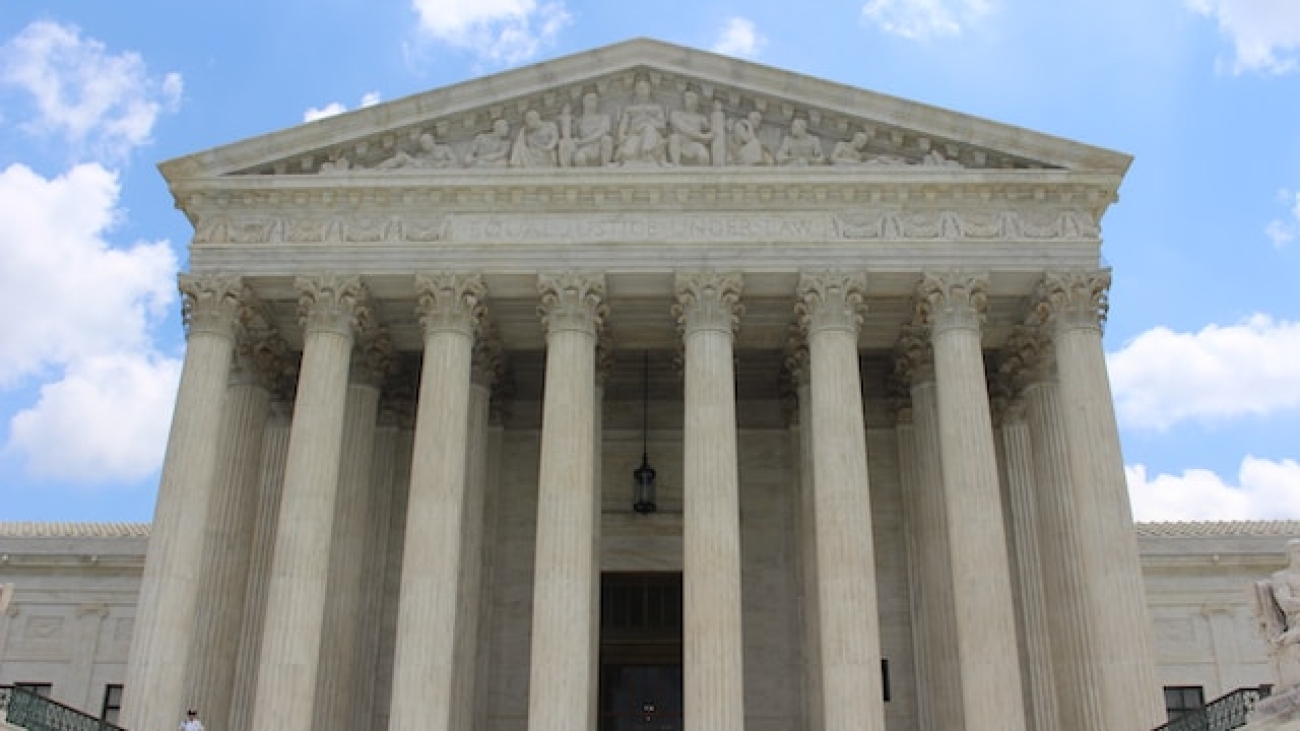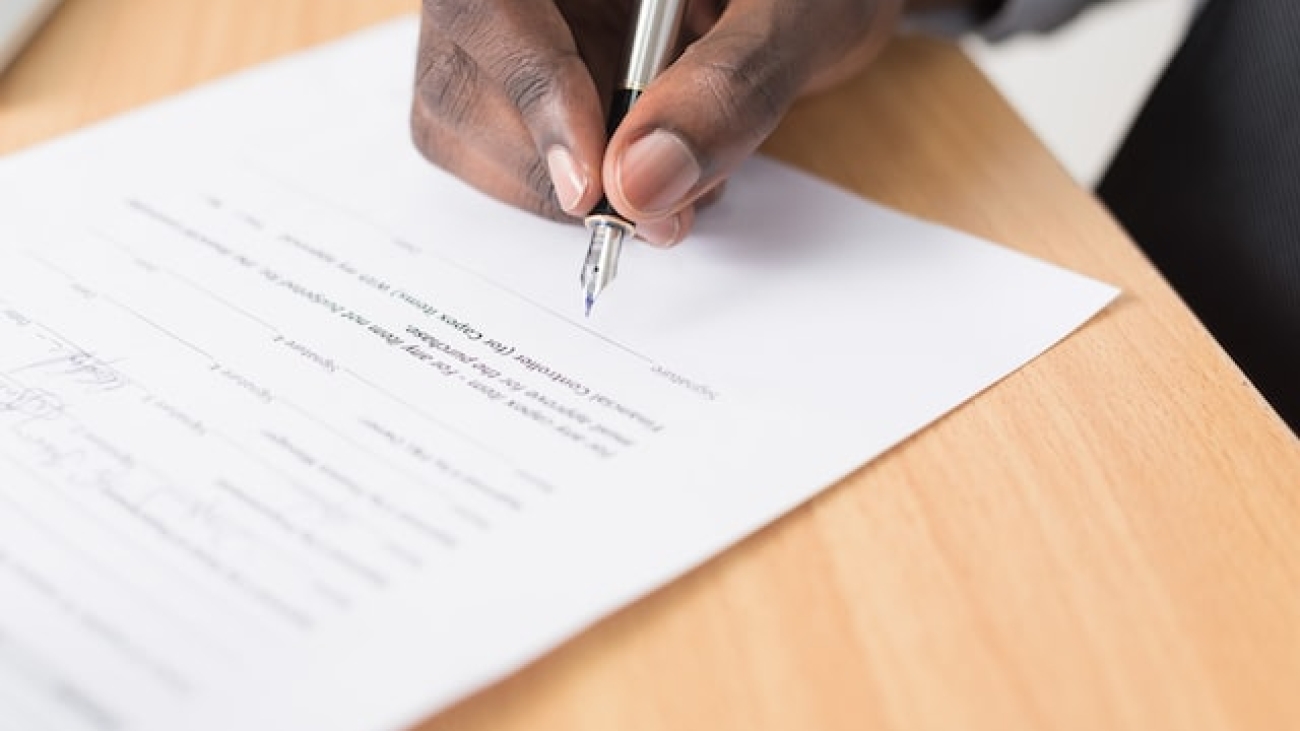Power of Attorney in Thailand. If you would like to give someone the power to act on your behalf for a short term within a specified scope or even permanently, we can draft a Power of Attorney.
The person giving the authority is known as the Grantor or Principal and the person receiving the authority is the Agent. Siam Legal can expertly assist in drafting a POA that meets the legal requirements of Thai law.
General Power of Attorney
A power of attorney is an instrument that grants authority to another individual to act on your behalf. It can be general, conferring broad legal authority, or a special power of attorney that is limited to specific deeds. It is very important that it be in writing and that it has witnesses and a notary public seal.
For foreigners who are doing business in Thailand or attempting to obtain various government documents, it is often necessary to sign powers of attorneys for different purposes. We can expertly assist in drafting these to your specifications.
Having a well-drafted power of attorney can be extremely helpful when dealing with Thai bureaucracy. For example, it is not always possible to be present during the transfer of ownership at a land office so having a power of attorney in place can be very beneficial. Powers of attorney can be either durable or revocable, and must conform to the formal and substantial requisites set out in law.
Special Power of Attorney
There are situations where the person concerned can’t appear personally to handle legal matters like land office transactions, managing some bank accounts or keeping a safe deposit box. In such cases, he can appoint someone to act on his behalf. However, the appointed person’s actions will not be binding if there is no legally authentic document supporting his authority.
The Power of Attorney is a legal instrument that authorizes another person to act on behalf of an appointing person. The appointing person is called the Principal or the Grantor while the one who receives the authority is called the Agent.
Siam Legal with its branches strategically located throughout Thailand specializes in the drafting of Powers of Attorney. Our foreign and Thai lawyers will set a consultative audience with both the Principal and the Agent prior to the drafting of the instrument to make sure it conforms with all formal and substantial requisites for its validity and enforcement under Thai law.
Property Transfer Power of Attorney
While it is normal that you attend the transfer of ownership at the Land Office in person, there are situations when it is necessary to give someone else power of attorney to complete this process on your behalf. This can include situations where you have to travel abroad for work or other reasons and cannot be present for the transaction.
A Power of Attorney in Thailand can be general, giving broad legal authority or special, limiting the agent to act in specific circumstances. Thai law requires that both the Principal and Agent be legally competent to execute a Power of Attorney. Furthermore, it is essential that the document be written correctly and authenticated to meet the requirements of Thai law.
There are also specific forms of powers of attorneys required by different offices. For example, the form to sell a property is very different from the one required to register a chanotte. Our firm has extensive experience drafting and authenticating power of attorneys in compliance with Thai law.
Financial Power of Attorney
If you wish to allow someone to manage your business, finances, properties or assets in Thailand or carry out a deal on your behalf during your absence in the country, we can expertly assist you in drafting a Financial Power of Attorney for you.
When a Power of Attorney is executed in Thailand, the applicable legislation rules that the Grantor and the Agent must be in capacity and capable of granting and executing the authorized acts as prescribed by the document. It is also important that a Power of Attorney be drafted clearly and concisely so that the powers are well defined.
For property transfers, the Power of Attorney must be completed in accordance with the forms provided by the land office authorities. In general, the form must be signed by the Principal in front of witnesses or a notary public (depending on whether the Principal is abroad). The document should also be legalized/notarized. (Note: If the Principal is completing this outside Thailand, the document will have to be presented to the Embassy for legalization before it can be used in Thailand).)..


